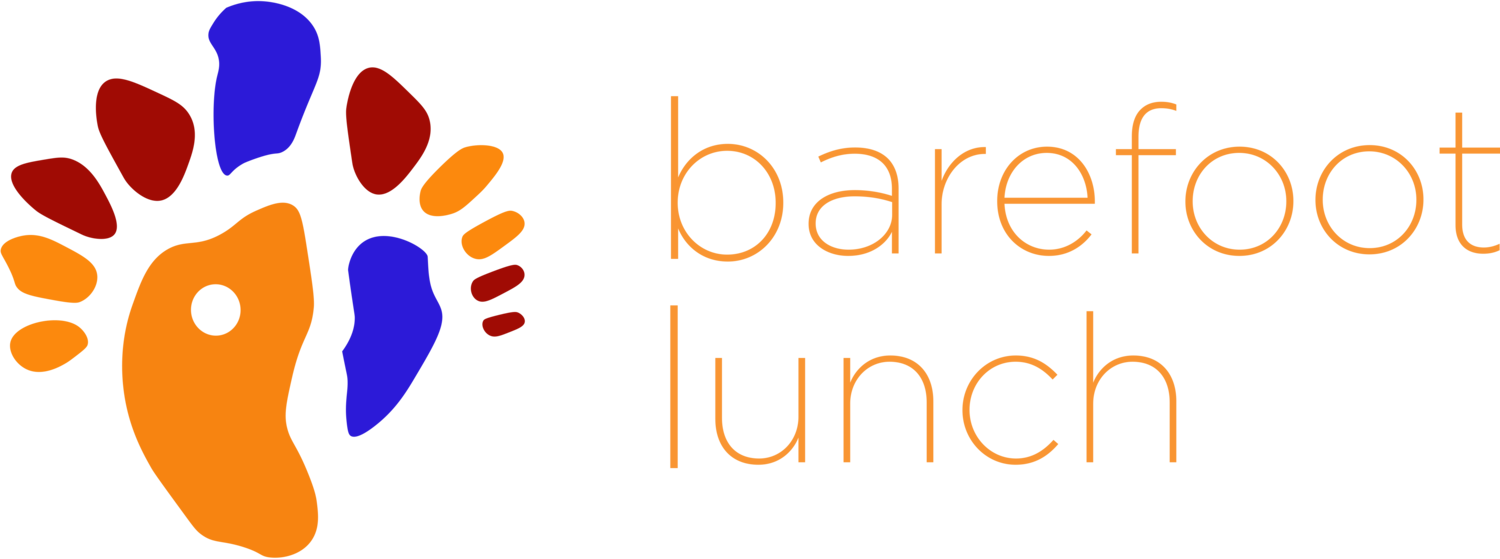What book would you take with you if you were stranded on a desert island?
For me, the answer was always the same:
After the first few reads, the masculine energy still enthralls: battle upon battle; hand-to-hand combat; skull-shattering, black blood splattering; brains dripping out of helmets. Along with those graphic descriptions, there is racing, wrestling, honor, camaraderie, and even a bit of sex.
the merciless brazen spearpoint raking through,
up under the brain to split his glistening skull—
teeth shattered out, both eyes brimmed to the lids
with a gush of blood and both nostrils spurting,
mouth gaping, blowing convulsive sprays of blood
and death’s dark cloud closed down around his corpse.
(Bk 16, ln 409-414)
I loved the idea of fate, that not even Zeus who could escape: we all have to die, but have the choice to live gloriously or not. As Achilles says,
But even for me, I tell you,
death and the strong force of fate are waiting.
There will come a dawn or sunset or high noon
when a man will take my life in battle too…
(Bk 21, 123-126)
Fate may be measured on a string, but humans have the joy to choose how we live. Achilles can select a long, peaceful, pastoral existence with wife and children or an early death, but with his honor secured to gloriously shine for future ages. He selects the later.
Also, when reading, our narrator, never lets on how much is really in Zeus’s control Poseidon goes and rallies the army and Zeus doesn’t seem to notice, but it fits well into the god’s plan. Everything goes to build up the Trojans, just so Achilles has more glory when he tears it all down.
And the metaphors! The wasps being beat by a boy, the lion that attacks the bore, falling trees, and the dawn’s rosy fingers. I fell like these metaphors open the story not only to help us to understand the story, but also give us a glimpse into the daily life of Homer, a daily portrait of his village. Here are a few of my favorite:
Down the Trojans came like a squall of brawling gale-winds blasting down with the Father’s thunder
(Bk 13, 920)
****************************************************
Now like a flashing eagle swooping down on bird-flocks
winged thousands feeding, swarming a river’s banks,
geese, cranes or swans with their long lancing necks—
so swooping Hector went
(Bk 15, 801-804)
****************************************************
Hearing the king’s command the ranks pulled closer,
tight as a mason packs a good stone wall,
blocks on granite blocks for a storied house
that fights the ripping winds
(Bk 16, 250-253)
****************************************************
They swarmed forth like wasps from a roadside nest
when boys have made it their sport to set them seething,
day after day tormenting them around their wayside hive—
idiot boys! they make a menace for every man in sight.
Any innocent traveler passing them on that road
can stir them up accidentally—up in arms in a flash,
all in a swarm come pouring, each one raging down
to fight for home and children—
Such frenzy seized their hearts
(Bk 16, 306-314)
But now getting older and passing the half-century , I confess that this story, like so much of Jack London and Ernest Hemingway, is best read by boys and young men filled with energy and drive. I’ve witnessed enough death that I don’t particularly relish it. War strikes too close to home these days. The violence feels like gratuitous violence from a Quentin Tarantino film, leaving me a bit exhausted and sad.
With twenty-first century sensibility, I also cringe at how the women are degraded. Hera, Athena and Artemis may have some agency, but on the whole, the human woman are raped and given as objects. Granted, this was the time, and Achilles saves twelve Trojans for human sacrifice, so there is no claim that we are in a modern civilisations. I just feel the heaviness of it now. I wonder if in 3,000 years we the muse sing of a celebrated life, peace, learning, severity, and love. Can we show the better human qualities?
Or am I just living in a Pollyanna existence on a desert island?
I leave you here with the worst pick-up line of all time. Horny Zeus still makes me laugh.
“Why hurry, Hera?” —
Zeus who gathers the breasting clouds replied,
“that is a journey you can make tomorrow. Now—come, let’s go to bed, let’s lose ourselves in love!
Never has such a lust for goddess or mortal woman flooded my pounding heart and overwhelmed me so.
Not even then, when I made love to Ixion’s wife
who bore me Pirithous, rival to all the gods in wisdom…
not when I loved Acrisius’ daughter Danaë,—marvelous ankles—
and Perseus sprang to life and excelled all men alive…
not when I stormed Europa, far-famed Phoenix’ daughter
who bore me Minos and Rhadamanthys grand as gods…
not even Semele, not even Alcmena queen of Thebes
who bore me a son, that lionheart, that Heracles,
and Semele bore Dionysus, ecstasy, joy to mankind—
not when I loved Demeter, queen of the lustrous braids—
not when I bedded Leto ripe for glory—
Not even you!
That was nothing to how I hunger for you now—
irresistible longing lays me low!”
(Bk 14, 375-393)

